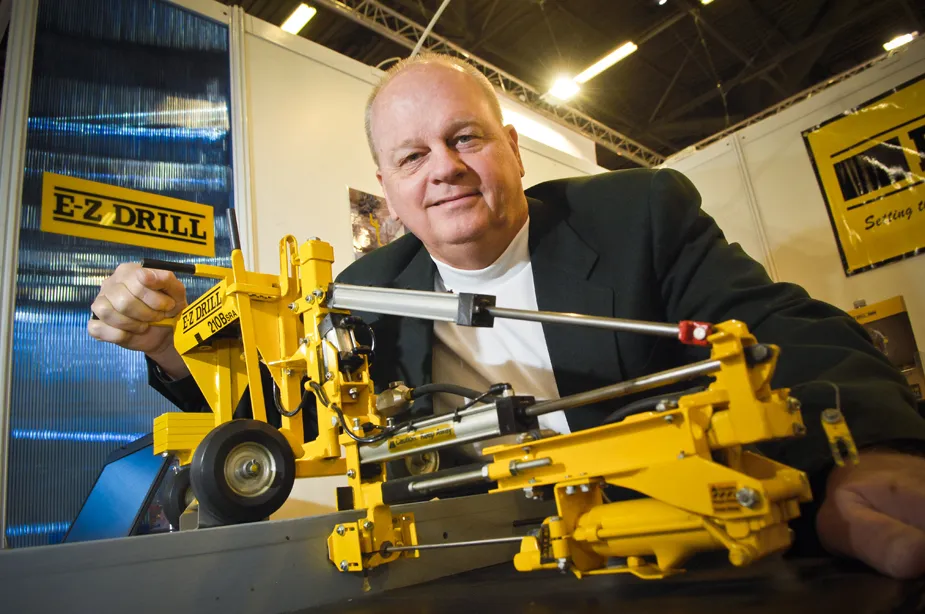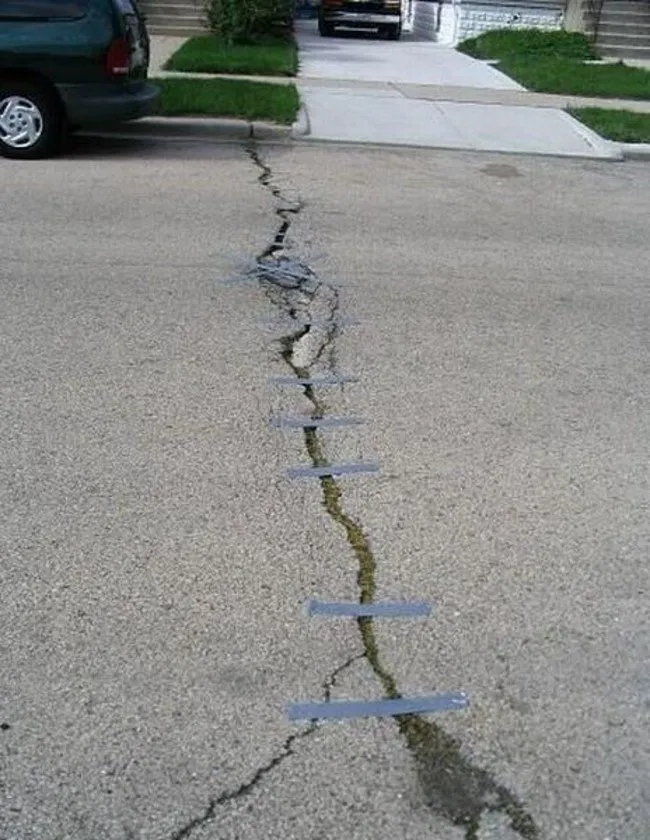More than 304 people in the UK are alive today or have avoided the prospect of a lifetime of special care because just 15 roads have had simple improvements put in place, according to this year's tracking survey by the Road Safety Foundation.
February 29, 2012
Read time: 2 mins
More than 304 people in the UK are alive today or have avoided the prospect of a lifetime of special care because just 15 roads have had simple improvements put in place, according to this year's tracking survey by the Road Safety Foundation. On these 15 roads alone, fatal and serious crashes dropped 62 per cent from 494 to 190. Entitled Simple Measures Save Lives, the report shows that elementary safety measures are paying back the costs of investment in an average of 10 weeks. The savings are worth over US$80 million million annually to emergency services, the NHS, local authority care, businesses and families.
This year's most improved road is an 11km section of the A4128 through Buckinghamshire from Great Missenden to High Wycombe. Over the last two surveys, it has moved from one of Britain's highest risk roads to one of the safest. Over this time, fatal and serious collisions dropped by 89 per cent, from 19 to 2.
This non-primary single carriageway A road is a busy route connecting local villages, and carrying high volumes of commuter traffic. Safety measures put in place include some new speed restrictions; and an innovative use of2696 Astucia SolarLite solar-powered road studs to improve night-time visibility.
Of the UK's 15 most improved roads, almost half are single carriageways, and are spread across the country. Consultation with road authorities on these sections found that common crash types were single vehicles losing control at bends and rear-end collisions at junctions and during busy periods.
Improvements on the 15 roads include:
•Signing, markings and the design and layout of junctions
•Speed limit review and the use of speed enforcement
•Resurfacing, including the use of high-friction, anti-skid treatments on bends
•Central safety barriers
On these 15 improved routes, Dr Joanne Hill says: "These are practical, largely inexpensive solutions which will pay back the costs of investment in an average of 10 weeks - a 500 per cent rate of return in the first year alone - and go on saving lives and saving money for the nation for many years to come. Much of this remedial work can be done as part of routine maintenance."
To download a PDF of the 98-page report: Saving Lives, Saving Money - The costs and benefits of achieving safe roads, published by the3375 Road Safety Foundation, click %$Linker: External 0 0 0 oLinkExternal this link 98-page report: Saving Lives, Saving Money - The costs and benefits of achieving safe roads. http://www.roadsafetyfoundation.org/media/11070/saving%20lives_saving%20money.pdf false false %>.
This year's most improved road is an 11km section of the A4128 through Buckinghamshire from Great Missenden to High Wycombe. Over the last two surveys, it has moved from one of Britain's highest risk roads to one of the safest. Over this time, fatal and serious collisions dropped by 89 per cent, from 19 to 2.
This non-primary single carriageway A road is a busy route connecting local villages, and carrying high volumes of commuter traffic. Safety measures put in place include some new speed restrictions; and an innovative use of
Of the UK's 15 most improved roads, almost half are single carriageways, and are spread across the country. Consultation with road authorities on these sections found that common crash types were single vehicles losing control at bends and rear-end collisions at junctions and during busy periods.
Improvements on the 15 roads include:
•Signing, markings and the design and layout of junctions
•Speed limit review and the use of speed enforcement
•Resurfacing, including the use of high-friction, anti-skid treatments on bends
•Central safety barriers
On these 15 improved routes, Dr Joanne Hill says: "These are practical, largely inexpensive solutions which will pay back the costs of investment in an average of 10 weeks - a 500 per cent rate of return in the first year alone - and go on saving lives and saving money for the nation for many years to come. Much of this remedial work can be done as part of routine maintenance."
To download a PDF of the 98-page report: Saving Lives, Saving Money - The costs and benefits of achieving safe roads, published by the








